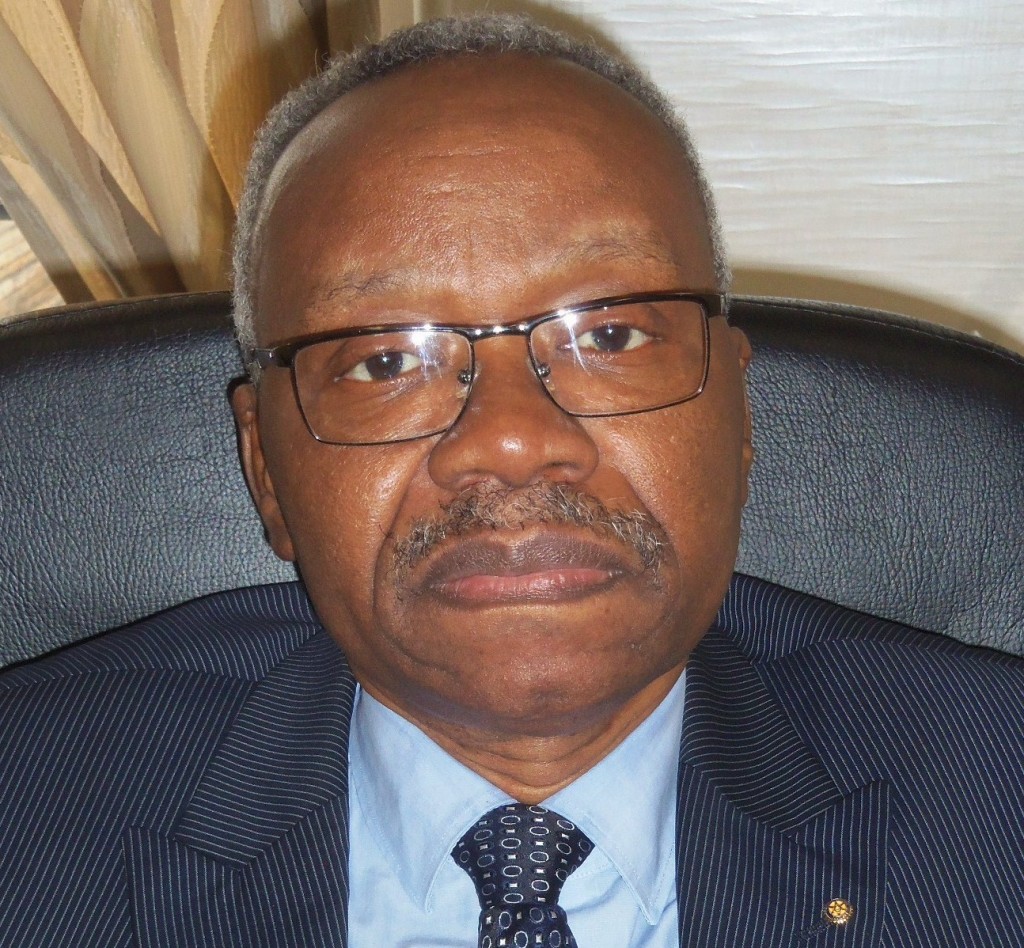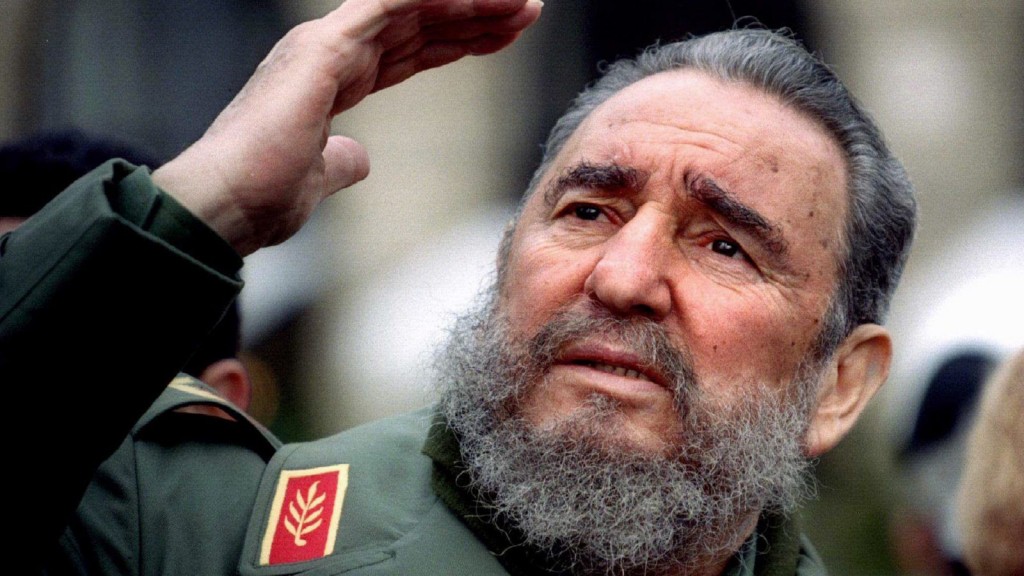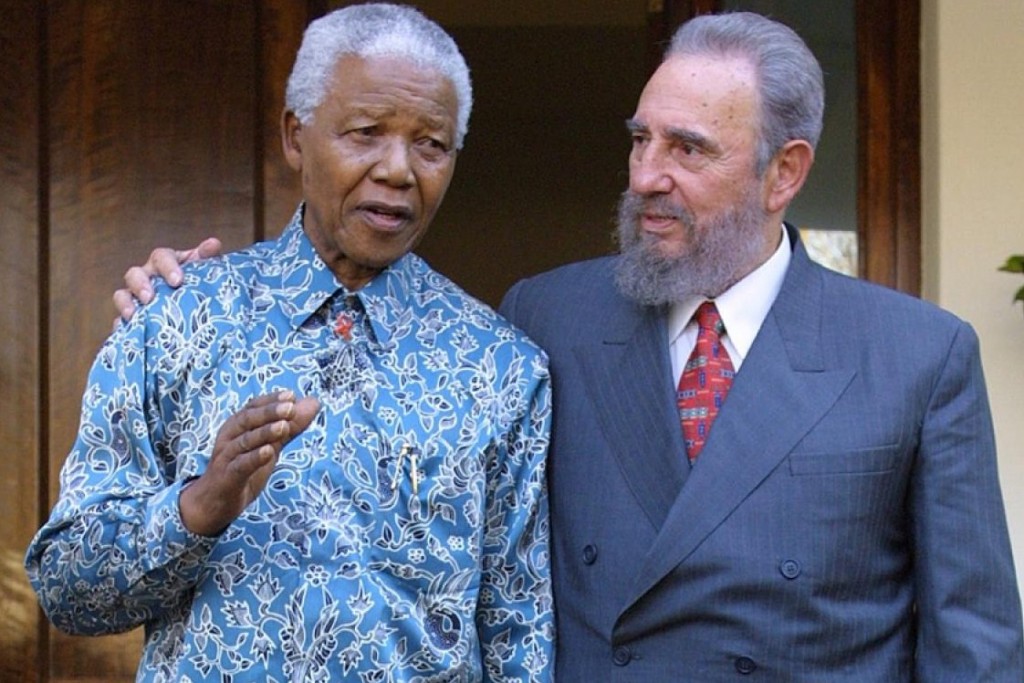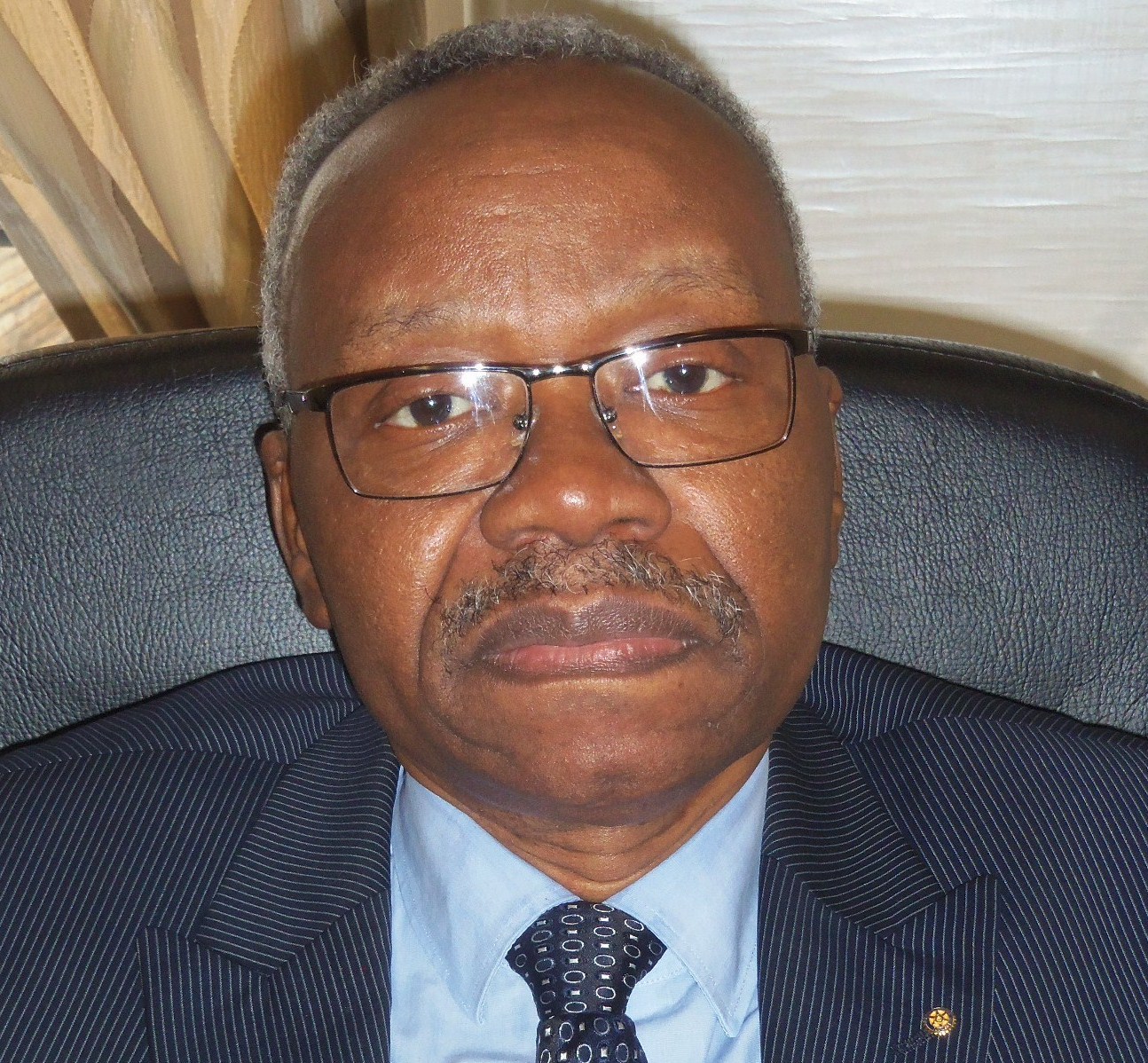Former Benin diplomat Joseph V. Ménard de Pognon looks back at Castro

BY LOU SIFA
All over the Island he was affectionately called “Comandante” or “Comandante en Jefe” (“Commander” or “Commander in chief”) or simply Fidel, almost never by his last name Castro. The man was intimidatingly tall and very charismatic. He was the embodiment of respect, assertiveness and authority. The only way not to sagree with him is to avoid engaging with him, because he easily convinced anyone.
Fidel Castro Ruz was a politician of long speeches, with a communication style very easy to follow, which explained the long hours his people spent in front of their television sets listening to him without being bored. The man also displayed an unfailing memory and brilliance, and enjoyed a robust health until he was struck with a serious illness he died of this past week.

The hero of the 1959 Cuban Revolution was the most simply-dressed politician of his time, always wearing his olive-green military uniform until he departed the political scene a decade ago.
Throughout my stay in Cuba, from 1990 to 1998 when I served at the Benin embassy in Havana, his motorcade consisted only of three Mercedes vehicles, with a close, light but very efficient secret service.
The Comandante en Jefe devoted his entire political career to ferociously fighting the Yankee imperialism, adamantly refusing to give in to American diktat. This stand triggered the now-more than a half-century-old American embargo, which has since subjected the Cuban people to huge sacrifices.
The suffering thus thrust on the people by this embargo favored the birth of an internal opposition, with the citizens yearning for a little freedom and opening to the outside world. But Fidel Castro emphatically and continuously rejected all forms of political dialogue in his country.
In spite of any flaw one could find in the man, Fidel Castro was able to bring his country in the circle of the countries most advanced in the following areas:
-
Education: lliteracy was eradicated in Cuba as early as 1961 following the first two decrees he took the day after the Revolution about literacy for all and land redistribution to the farmers. Education is compulsory in Cuba up to the 9th grade;
-
Health: Cuba boasts an impressive number of doctors fully trained in Cuba, a large number of specialists in the most sophisticated medical fields, and a health policy very beneficial to the population;
-
Social Security: Medical care is entirely free for all Cubans regardless of the costs. Moreover, the country has a system called “Médico de la Familia” whereby citizens in every neighborhood have a doctor that exclusively takes care of their health needs.
Owing to his adherence to the principles of the “non-aligned” movement, Fidel Castro attaches a great deal of importance to developing countries, especially African countries that he considers as “brotherly countries,” given the historical ties that bind them to Cuba.

In that context, and despite having been under embargo for several decades, Cuba is engaged in a fruitful cooperation with these nations to which it provides medical doctors’ assistance at very low and competitive prices. The Island also provides educational stipends to students from developing countries for their training in Cuba.
I pay respect to this great hero of the third world that has just left us. His fight for humanity deserves our salute.
____________
Joseph Victor Ménard de Pognon, a fine Beninese diplomat whose career spanned thirty years (1983-2013), has held several high-profile positions, including the following:
-
General Counsel of Benin in Paris, France (2007-2013)
-
Deputy-Director and Director of Consular and Communities Affairs (1999-2004)
-
Second and First Counselor at the Embassy of Benin in Havana, Cuba (1990-1998)
An insatiable learner, Ménard de Pognon holds several degrees from multiple renowned schools, including the following:
-
While holding the demanding job of General Counsel of Benin in Paris, France (the first official to hold the position), he secured an advanced degree in International Relations at the Center for Diplomatic and Strategic Studies of Paris, CEDS (2012.)
-
He earned a certificate in Diplomacy and International Relations from the School of Diplomacy of Madrid, Spain following a mid-career training in this institution (2005.)
-
While serving at the Embassy of Benin in Cuba, he earned a Specialized Higher Studies Degree from the Higher Studies Institute of International Relations (ISRI) of Havana, Cuba (1998.)
-
He is also a graduate of Moscow’s Institute of Foreign Languages from which he earned a degree in Interpreting and translation in French, Russian and Spanish (1983.)


